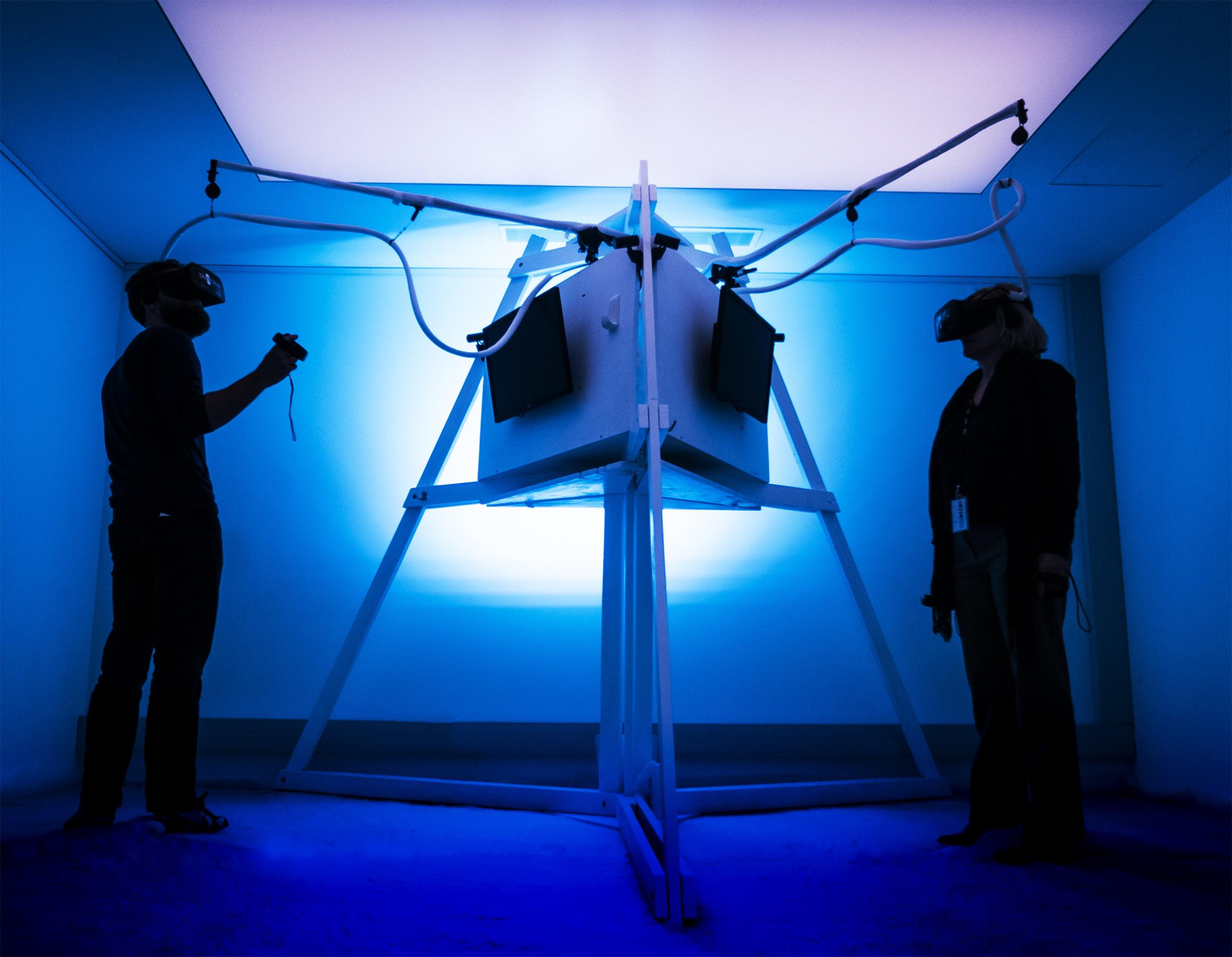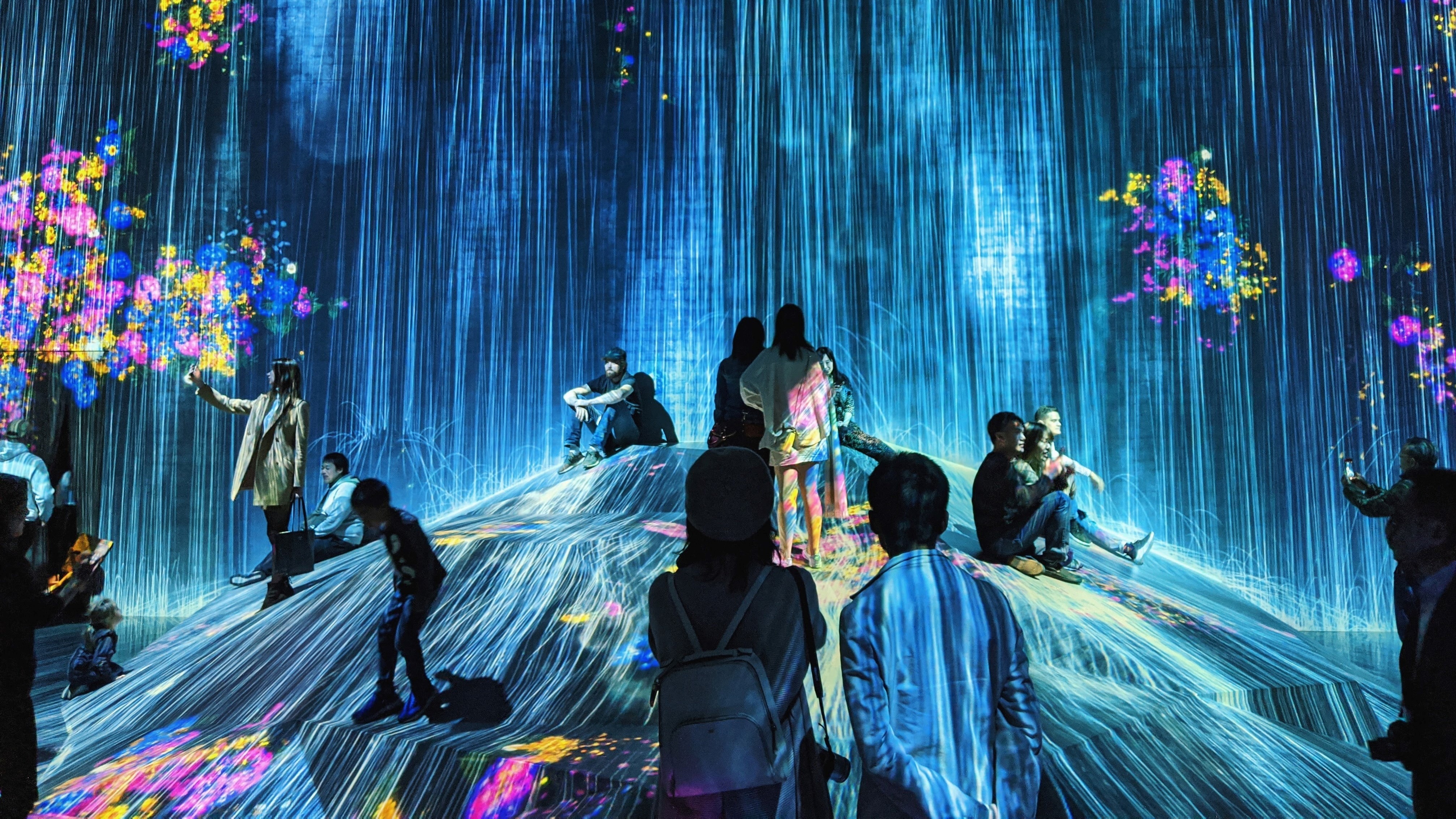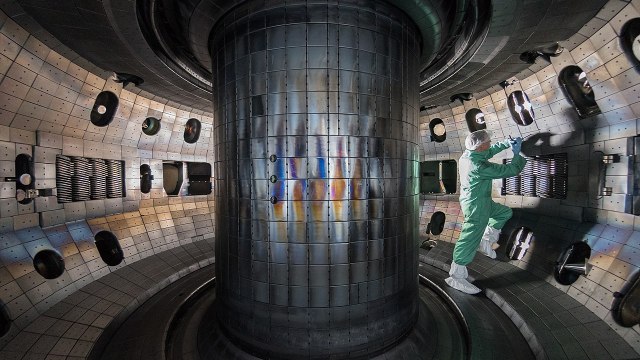Is a lack of creativity already ruining the metaverse?

- Although the metaverse promises to be a fundamentally new way of conducting social, economic, and creative affairs, it could wind up replicating some of our old-world norms that have reliably led to inequality and a lack of creativity.
- One example is the sale of NFT real estate, which seems to accomplish little else besides making a few people rich and rendering parts of the metaverse less accessible to others.
- With this opportunity to create totally new worlds from scratch, we might as well get wildly creative instead of relying on outdated norms.
I write these words from a rectangular desk in a rectangular house on a rectangular plot of land. This land has been inhabited by humans for 10,000 to 20,000 years, and during those millennia the people who lived here felt no reason to adopt the notion of land ownership. That’s because the first peoples to live in North America didn’t view themselves as owners of the world but as inhabitants, using only what they needed like all members of the natural world.
It wasn’t until European culture arrived that owning land became a societal norm. And during that short time (less than 2% of human history in North America), land ownership has been a major driver of social inequality. Even now, the vast majority of land around the world is owned by a very small percentage of the population, along with its life-giving resources.
Why do I review these facts in a piece about the metaverse?
Because historically, land ownership concentrates wealth and power, allowing small groups to exploit the general public. And yet, metaverse developers, who have unlimited opportunities to invent whole new worlds, have seized upon this old-world norm by selling NFT real estate. This is ironic, because many of these land-selling platforms are forward-thinking “Decentralized Autonomous Organizations” (DAOs) that aim to distribute power to their members rather than concentrate power in a corporate hierarchy. And yet, the NFT land-grab that is sweeping the metaverse is likely to centralize wealth and power — at least, that’s what history tells us.
And if we’re honest, land speculation makes little sense in the metaverse. After all, speculation is based on scarcity, but (a) any virtual world can be unlimited in size, (b) even when size-limited, virtual worlds can have countless layers of selectively accessed content on the same virtual location, and (c) with hyper-connectivity, any two locations can be in close virtual proximity. In other words, land speculation is not an obvious fit in the metaverse and yet we still feel compelled to bring this old-world concept into our virtual future.
I’m not writing this to pick on real estate NFTs, but to use it as an example of a larger principle — the metaverse gives developers the ability to invent new worlds with new cultures, and yet we are seeing platforms rapidly adopt and install old-world norms and call them new by making them virtual or linking them to blockchain technologies.
A failure of imagination
In fact, it’s such a failure of imagination, I fear that 20 years from now I will be writing from a rectangular virtual desk in a rectangular virtual house on a rectangular virtual plot of land, which is owned and taxed and fenced exactly like the real world, perpetuating the exact same culture. Maybe we’ve already achieved the pinnacle of human culture — it could be — but if metaverse developers don’t try wildly different social constructs, we may never know.
While the possibilities are endless, one interesting concept is the use of Distributed Authorship Chains (DACs) instead of NFTs for assigning value to certain artifacts in the metaverse. The idea of a DAC is to record and reward the creation of a digital artifact rather than mere ownership. In addition, the DAC structure accommodates creation as a collaborative process with many people adding to the entity along the way.
Under such a model, a person would be rewarded for creating something of value in the metaverse, maybe building a glorious structure on a virtual or augmented plot of land. And because many people might contribute to the creation over time, they each get recorded in the DAC and potentially rewarded as others use or enjoy that structure. This could inspire a unique virtual culture that rewards creativity and collaboration rather than simply minting landlords in the metaverse, as NFTs are likely to do.
On the topic of collaboration, one of the most exciting movements in the metaverse is the push by decentralized organizations to share oversight responsibilities among members rather than be controlled by corporate hierarchy. This is a very forward-thinking concept, but many DAO efforts have resorted to old-world methods for enabling group decisions, using polling mechanisms that are little different than shareholder voting in corporations, which rewards concentration of power rather than fostering the best decisions possible.
Tokenized voting may not be the ideal approach for decentralized decision-making. Recent research suggests we should look to mother nature for methods that optimize the collective wisdom of distributed groups. For example, artificial swarm intelligence (ASI) is a real-time distributed decision-making method modeled on biological swarms (i.e. swarms of bees, fish schools, and bird flocks) and has been shown to significantly amplify the accuracy of group decisions. For more details, see the TEDx talk on this topic that I gave a few years back.
Ultimately, I can’t predict if DACs, swarms, or other new concepts will end up being viable in the metaverse, and I’m not promoting any specific ideas over any others. I’m simply pointing out that we should explore concepts that are genuinely new and different rather than simply replicating old-world ideas with new technology. This could foster new cultural, economic, and social frameworks that enrich our lives beyond what is currently possible.
After all, this may be one of the few times that we humans have the ability to create totally new worlds from scratch with foresight and planning. We have amazing new tools in the form of virtual and augmented reality, cryptocurrency and smart contracts, and even decentralized autonomous organizations. We might as well get wildly creative.





